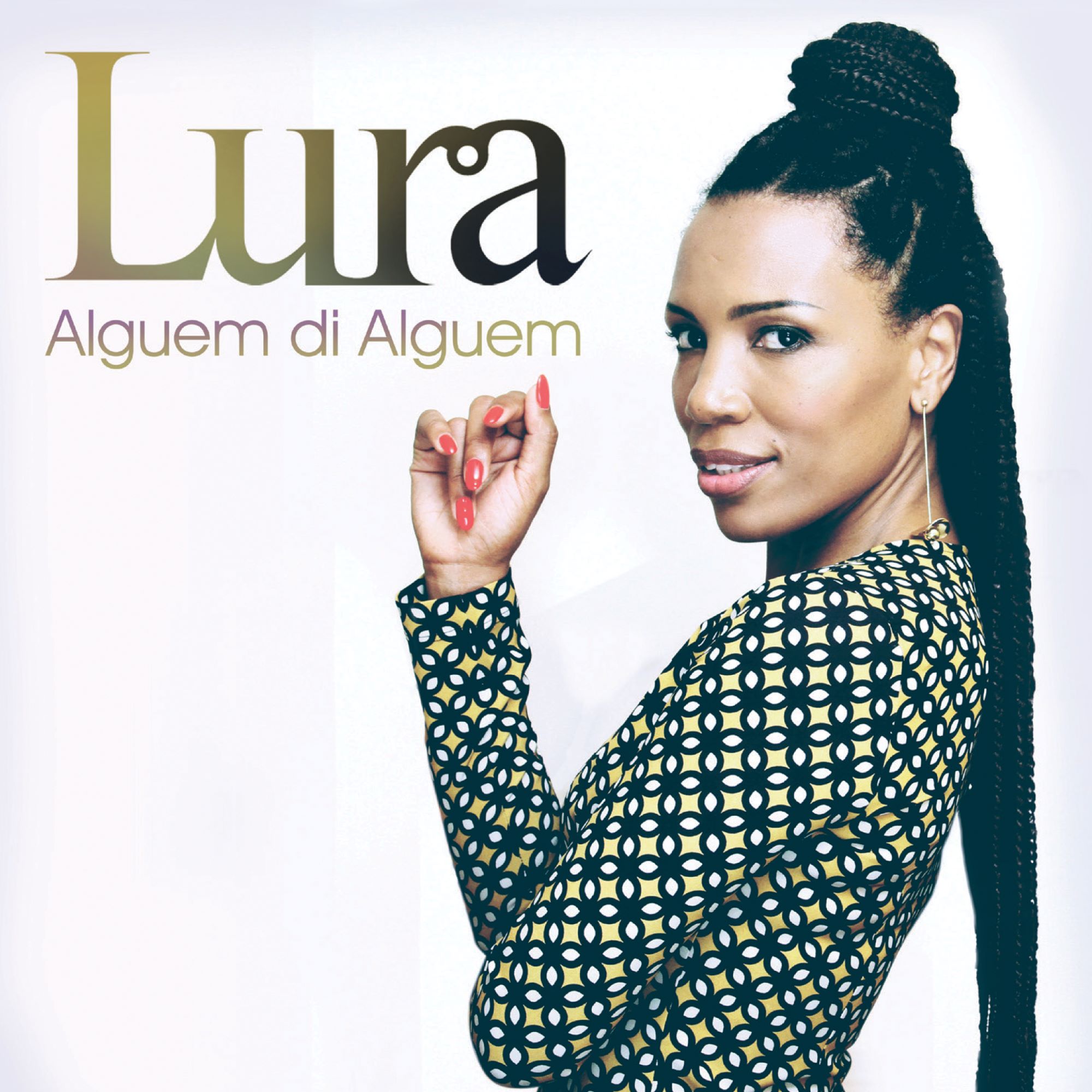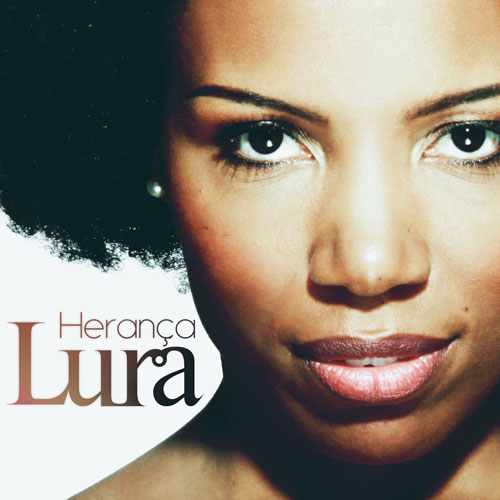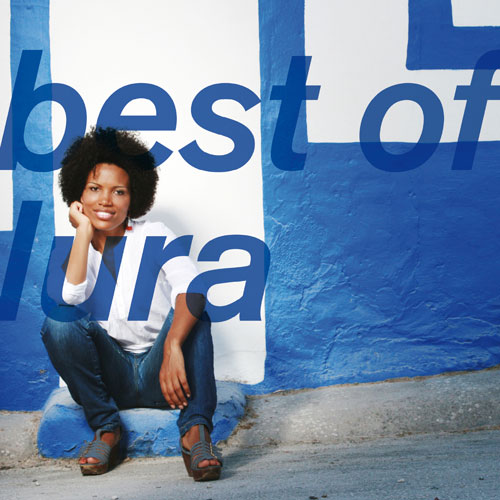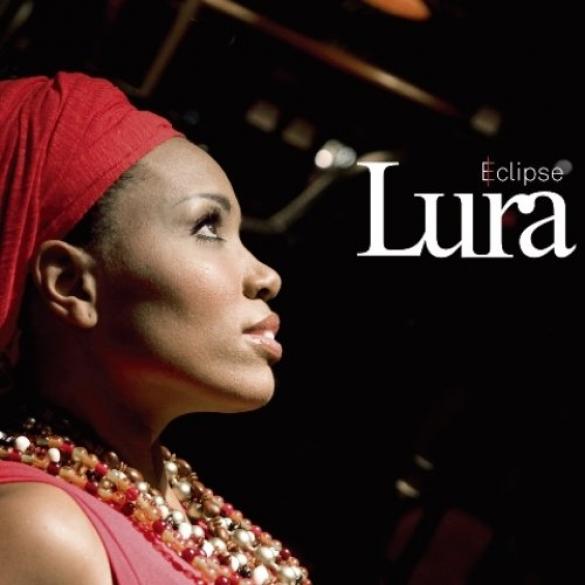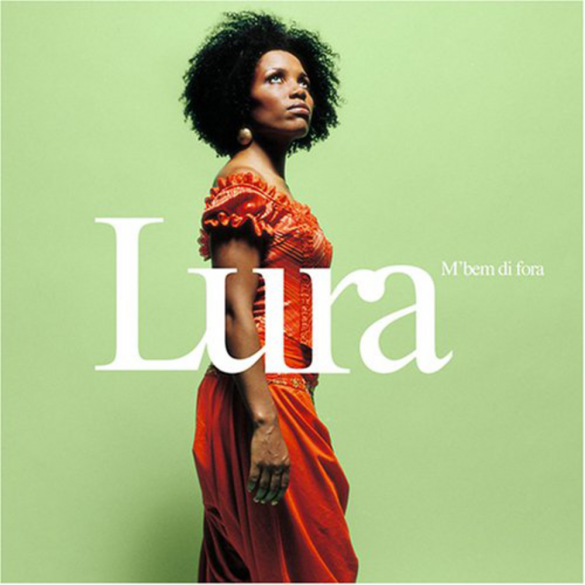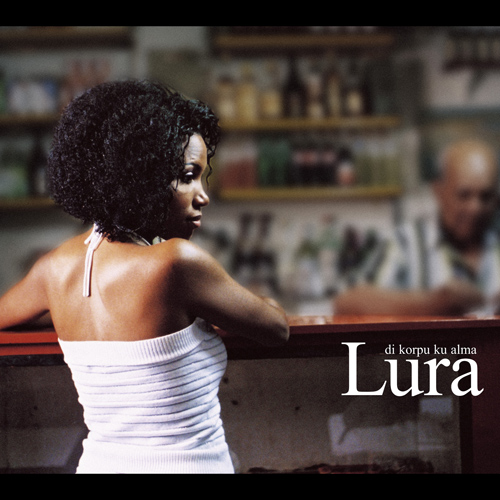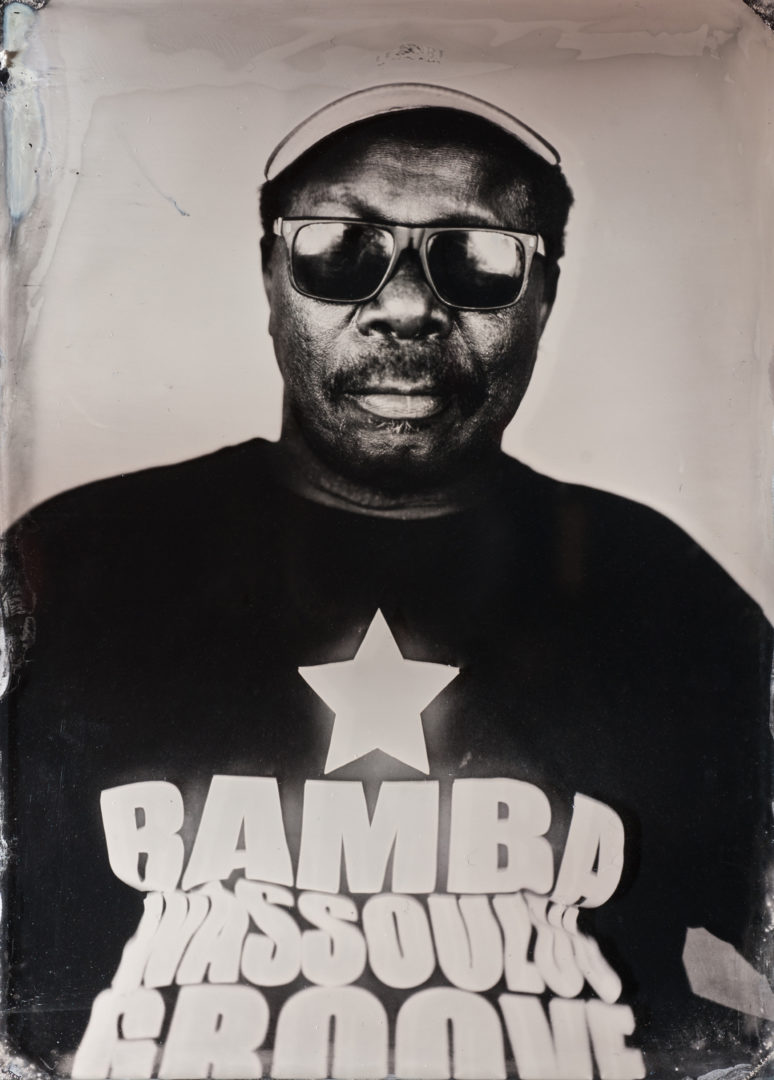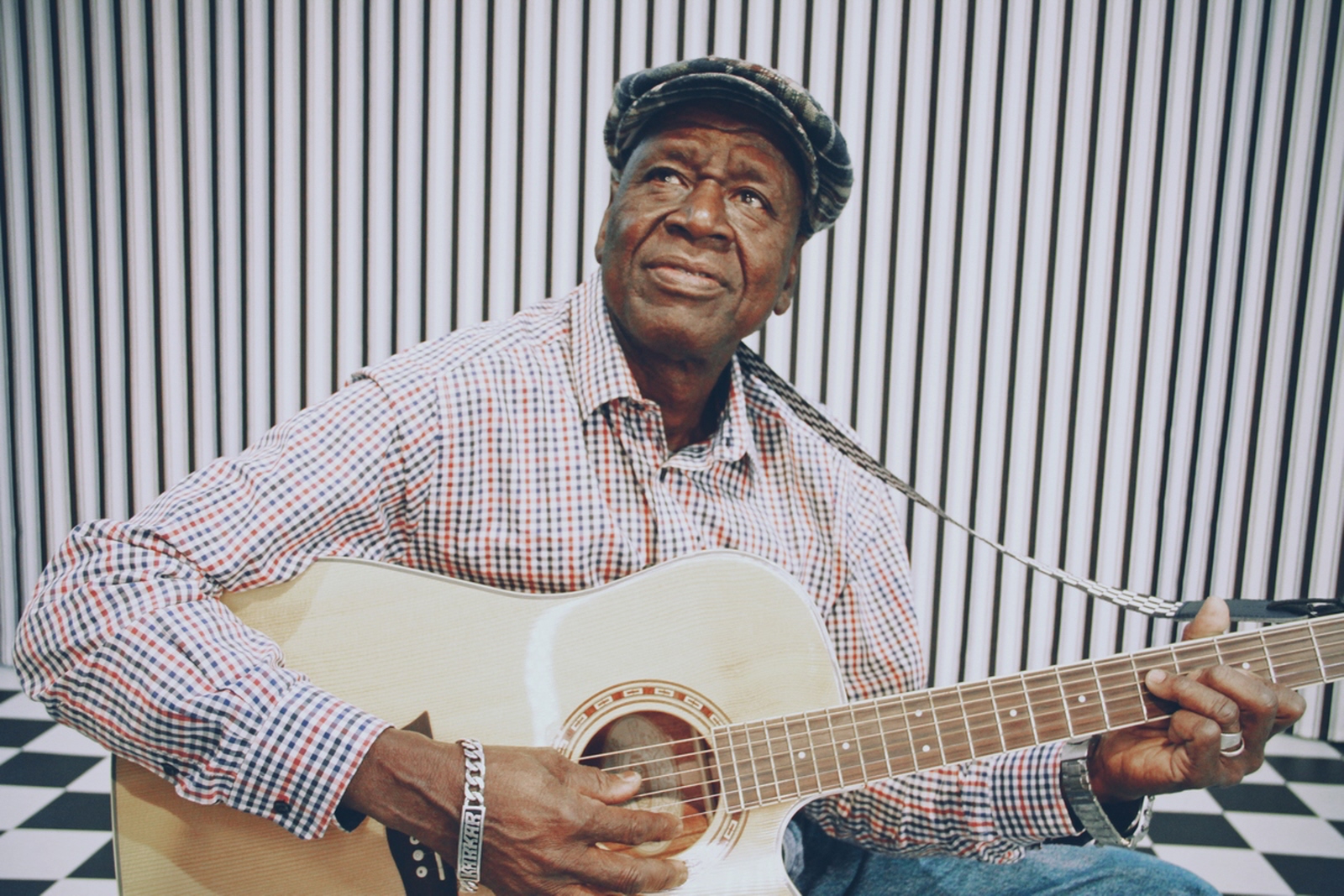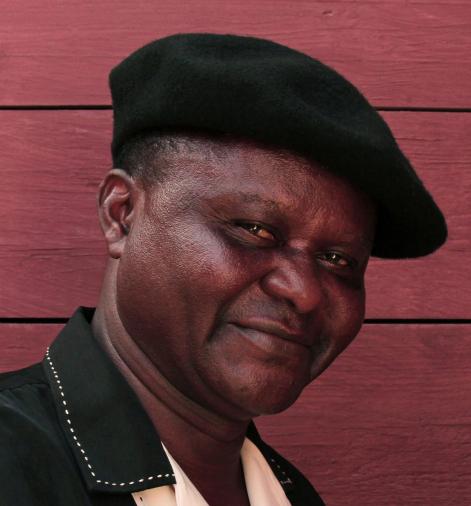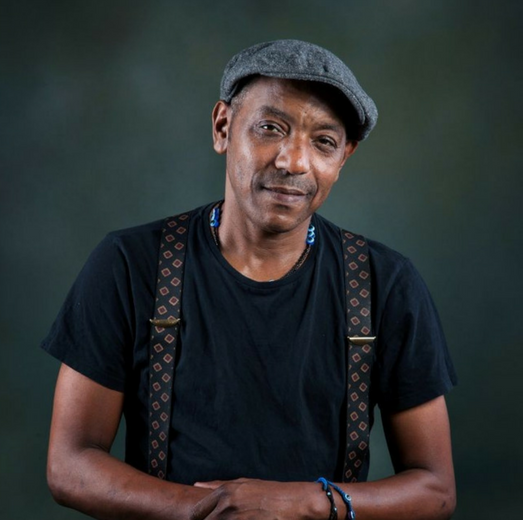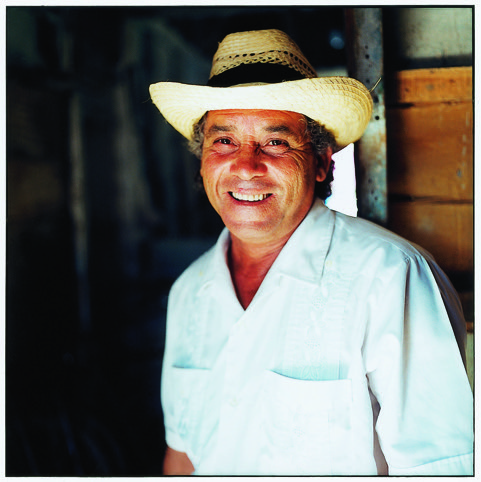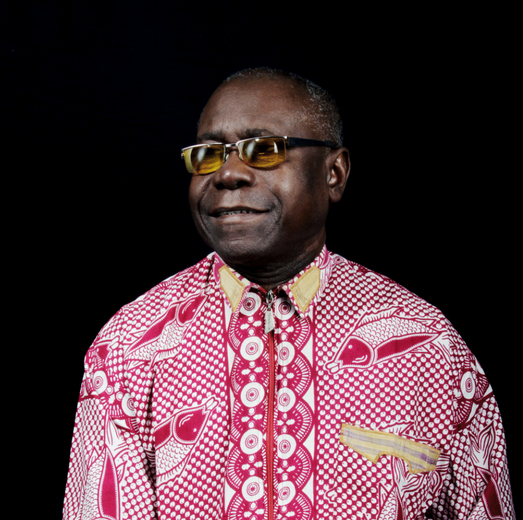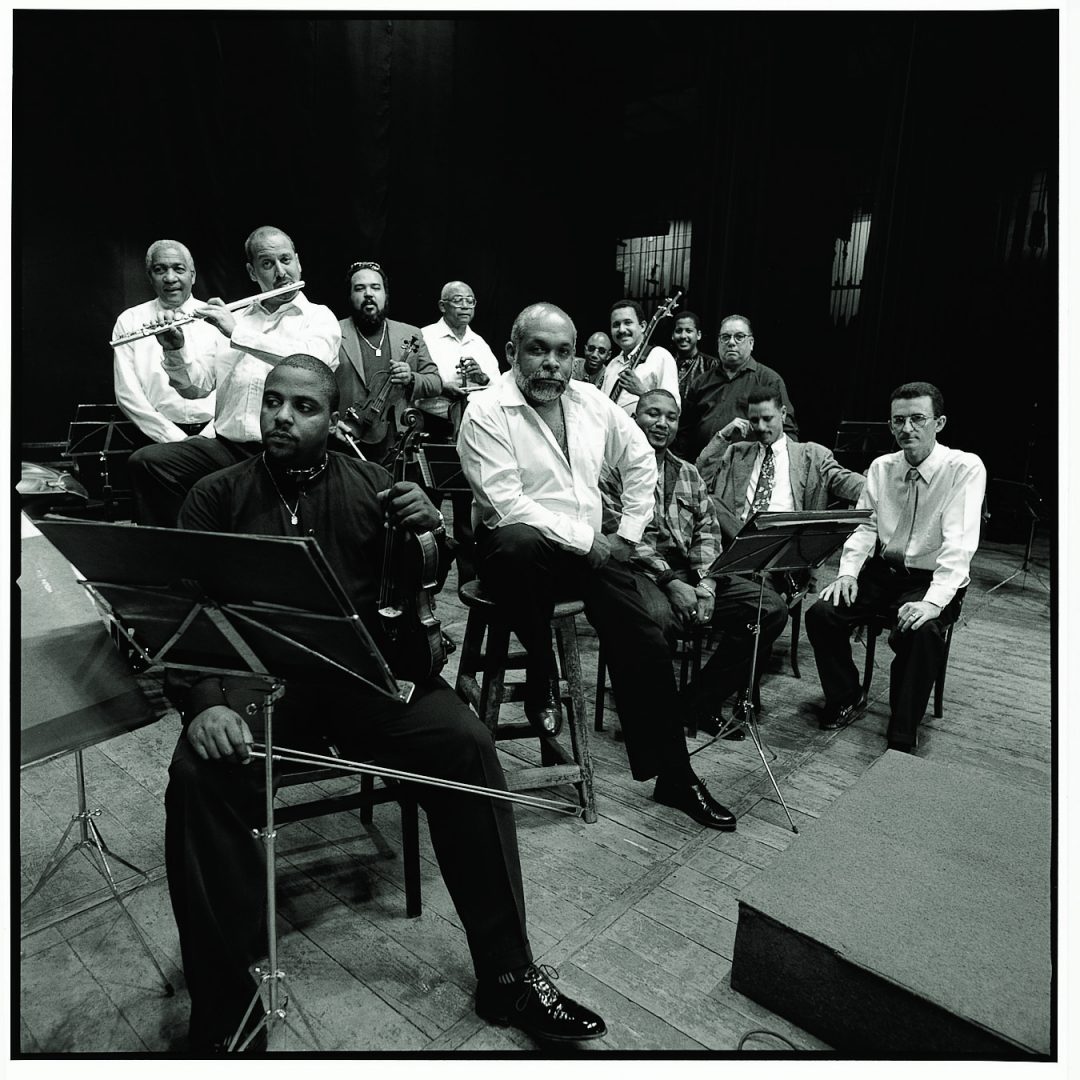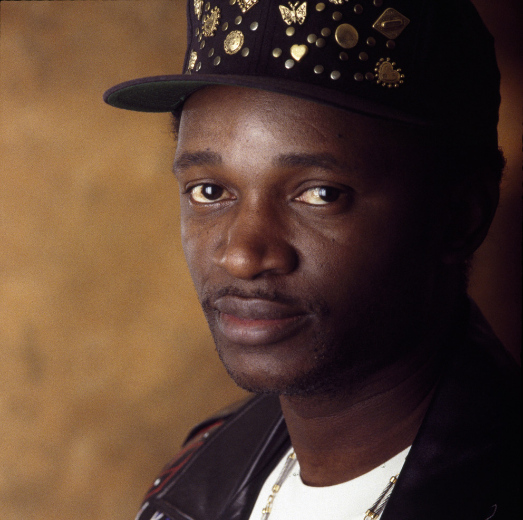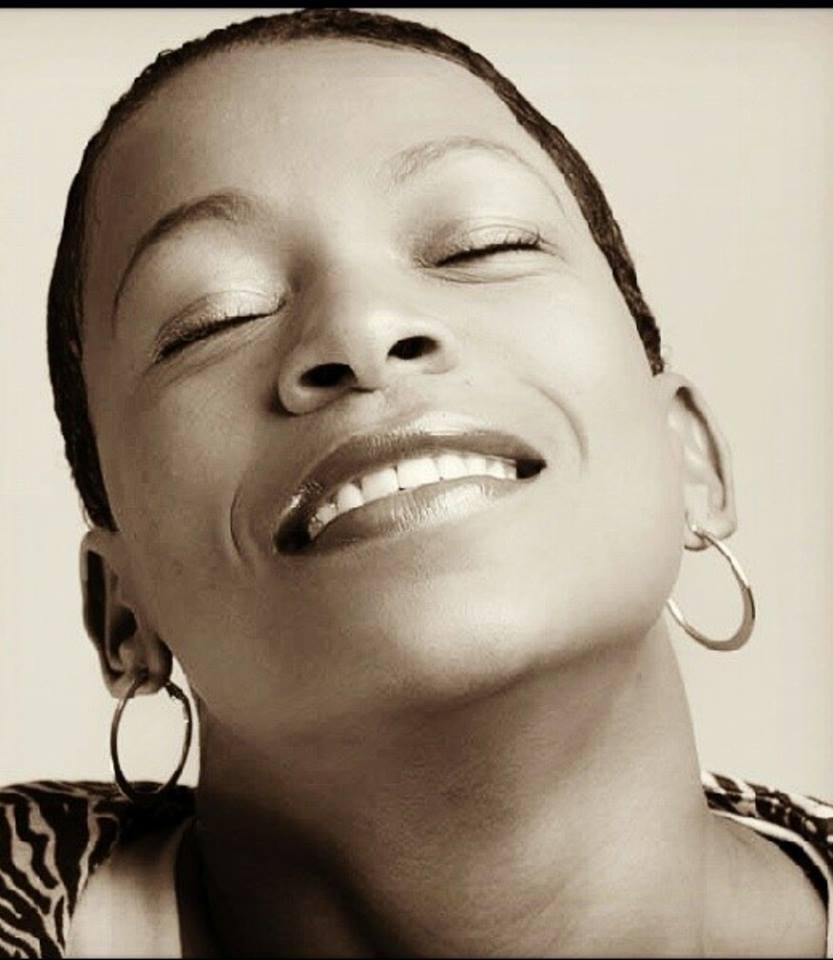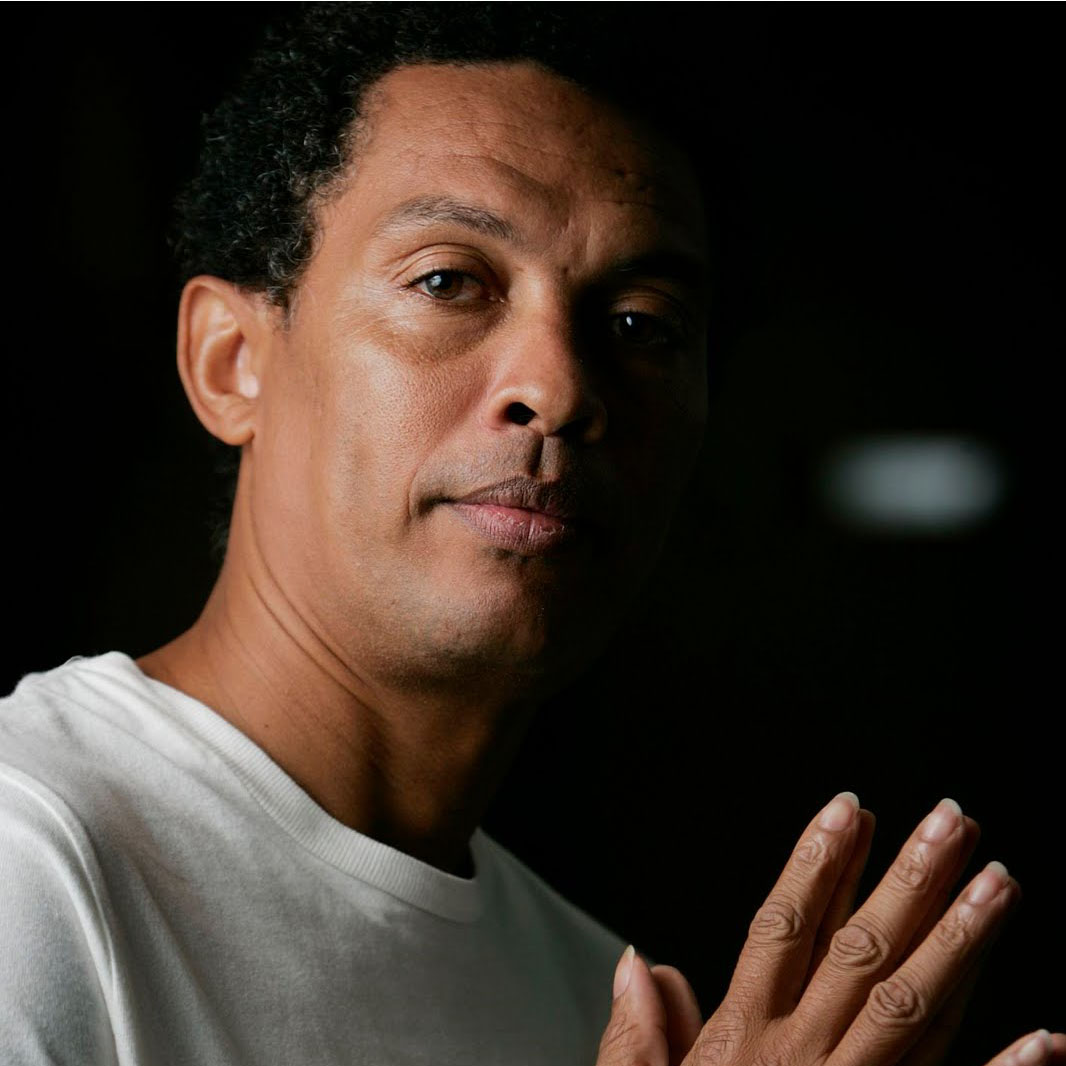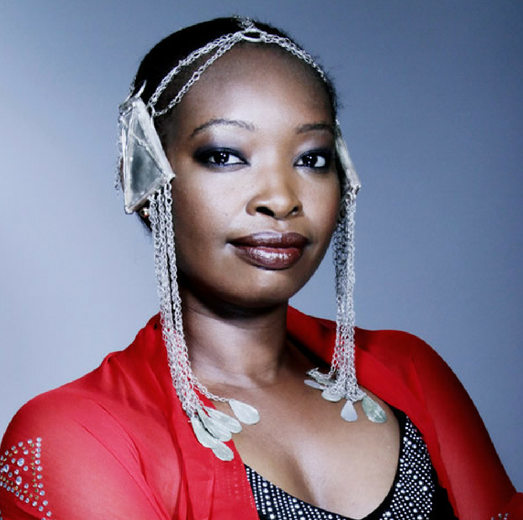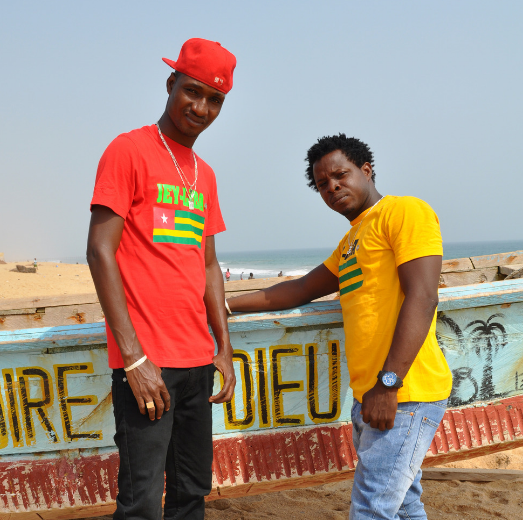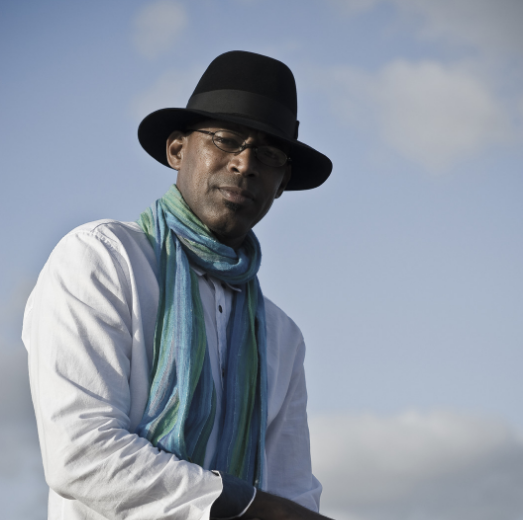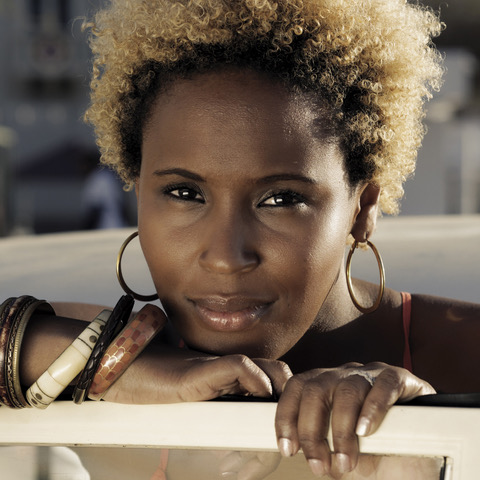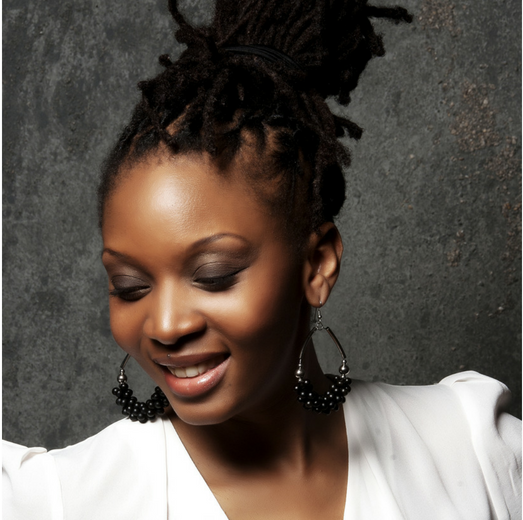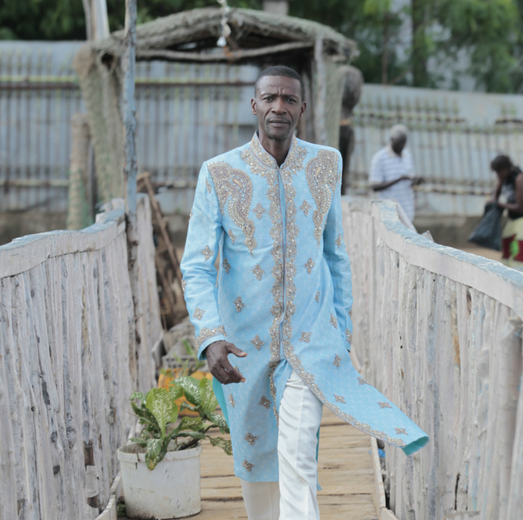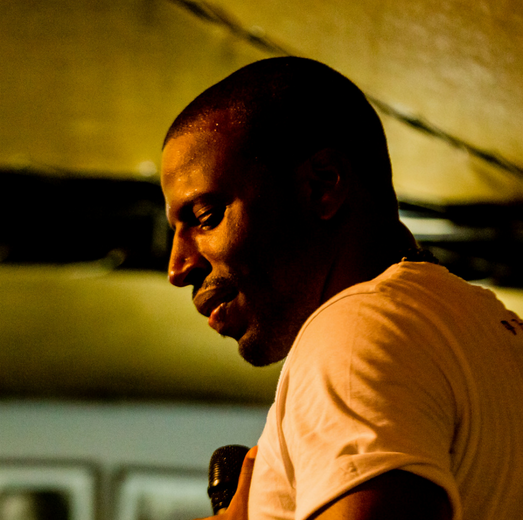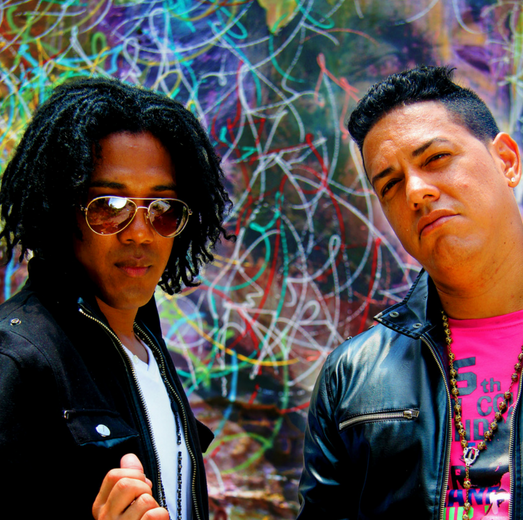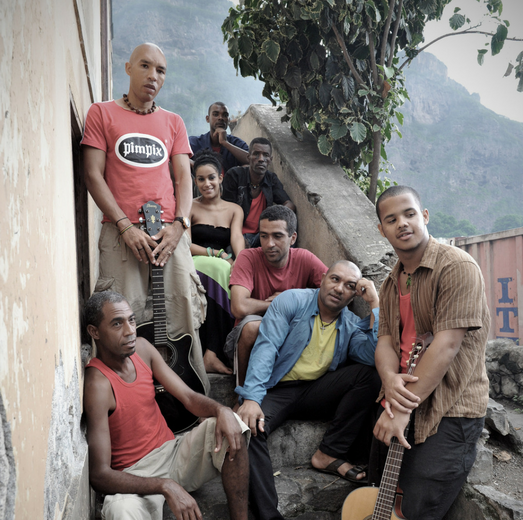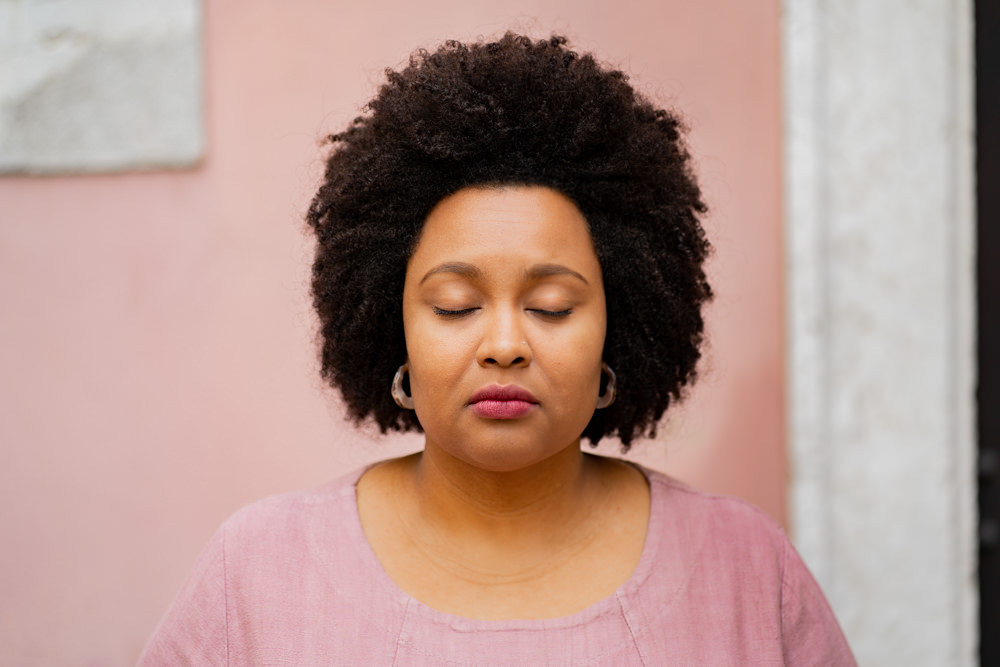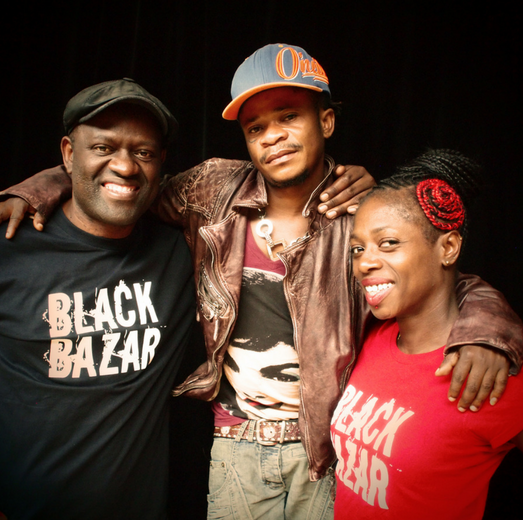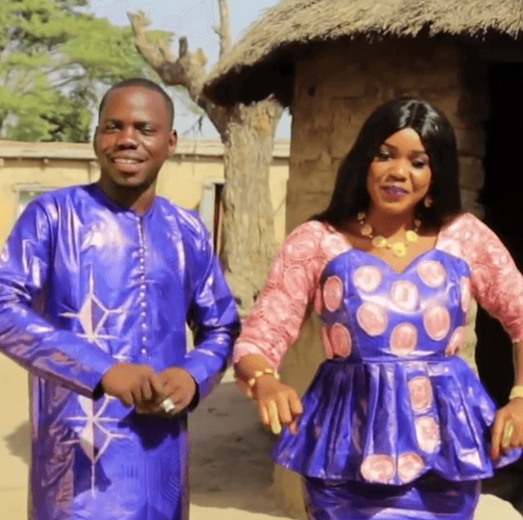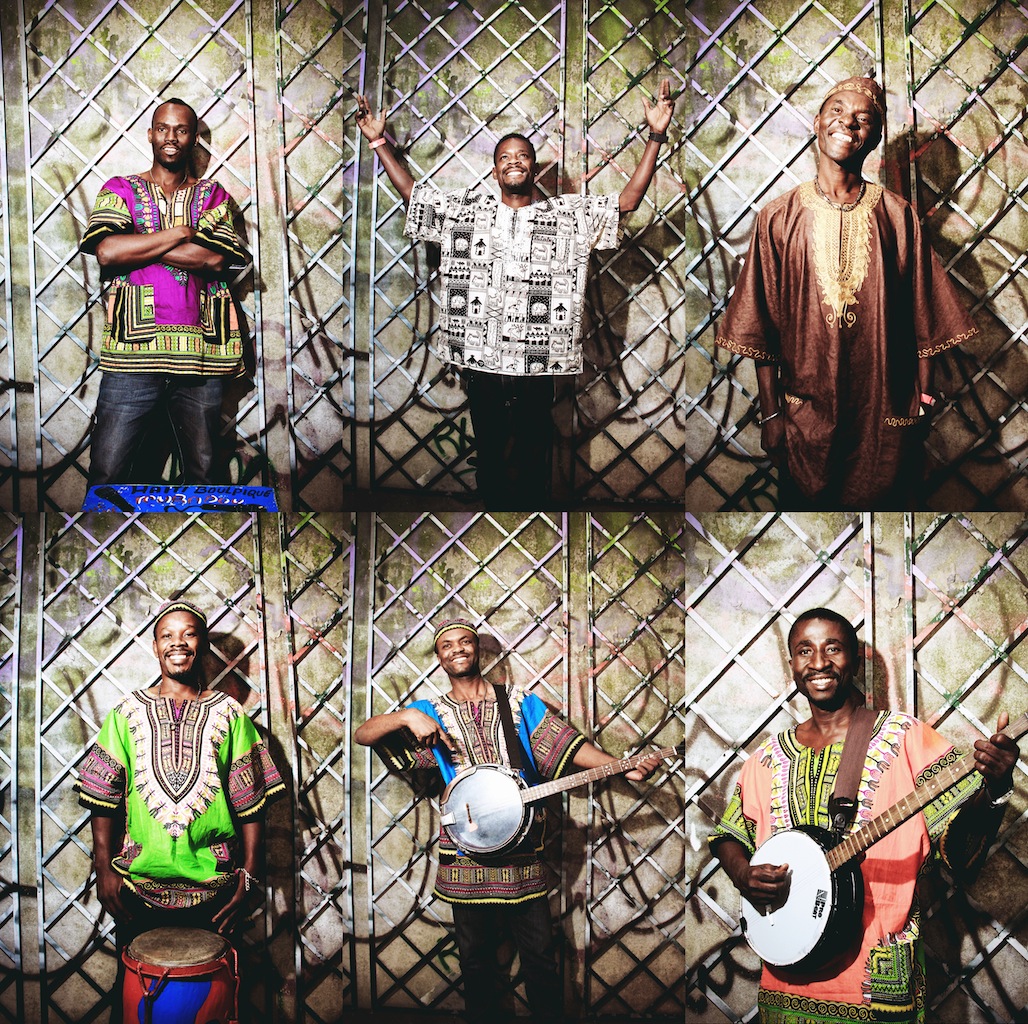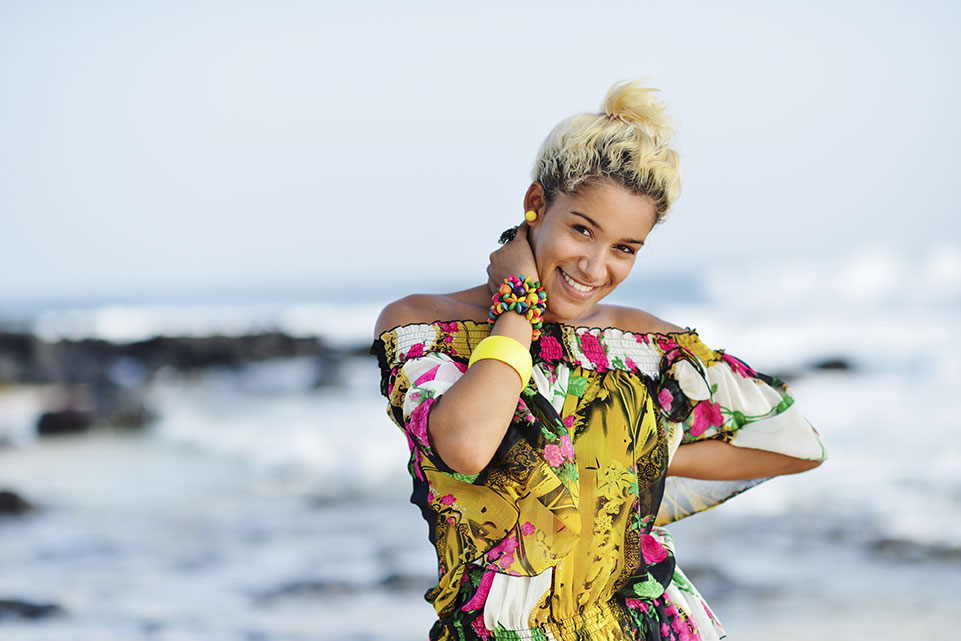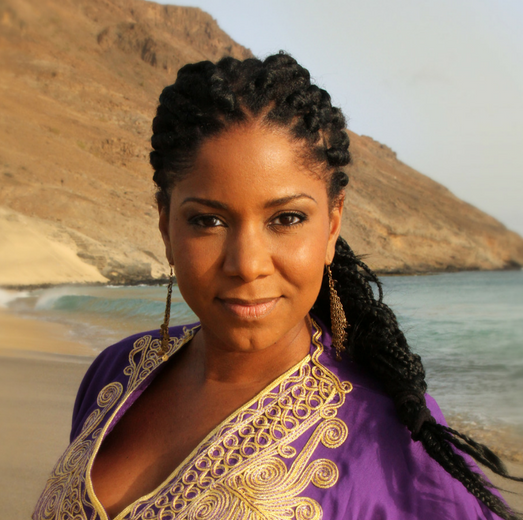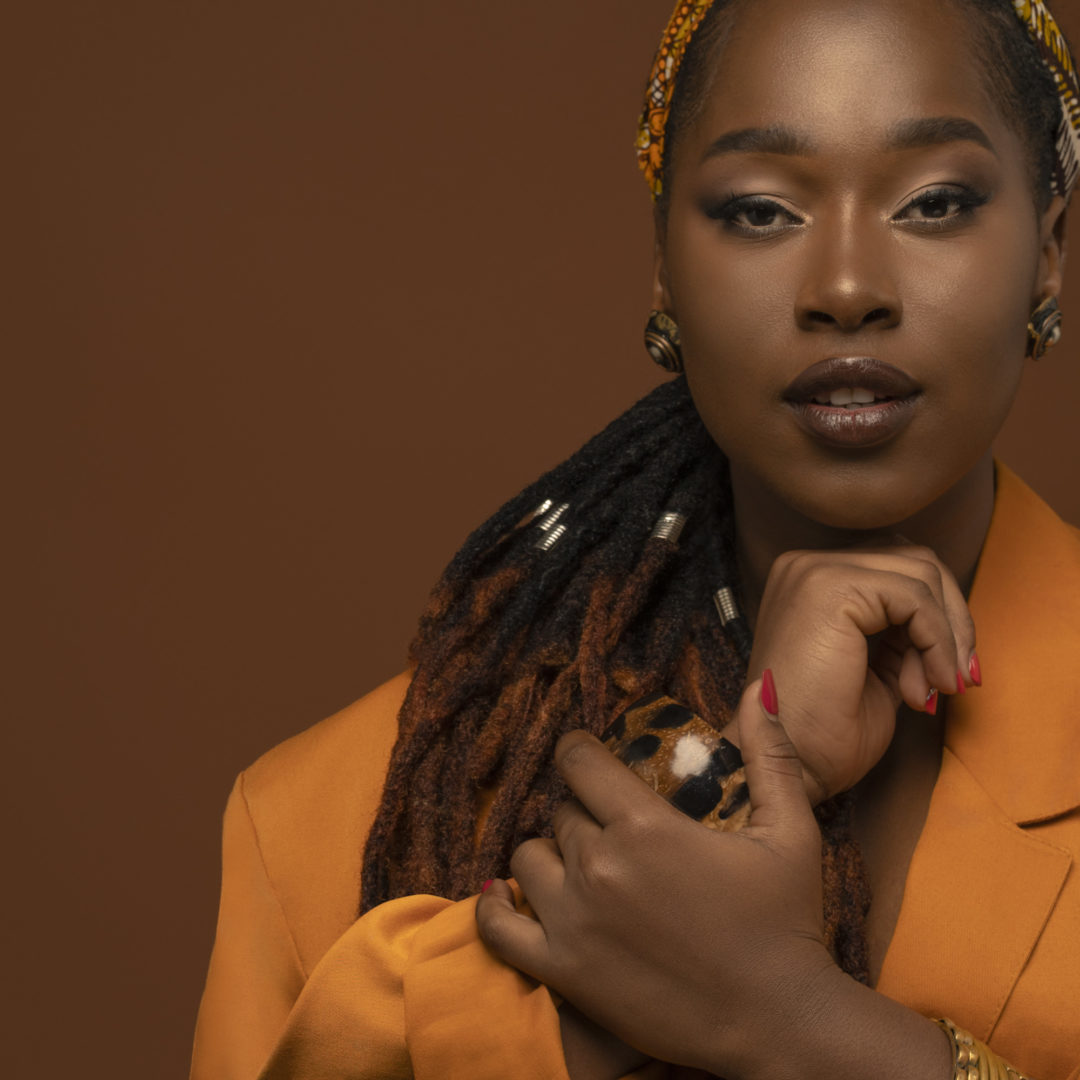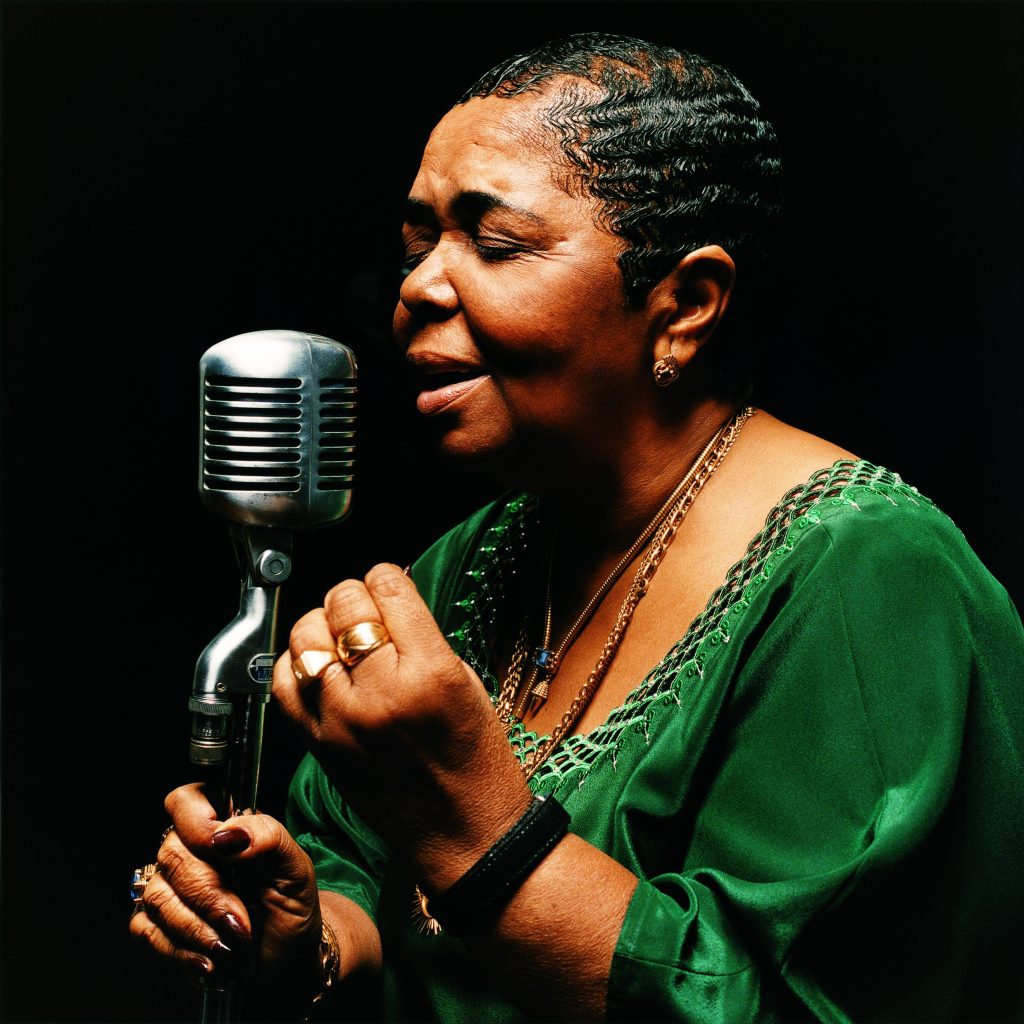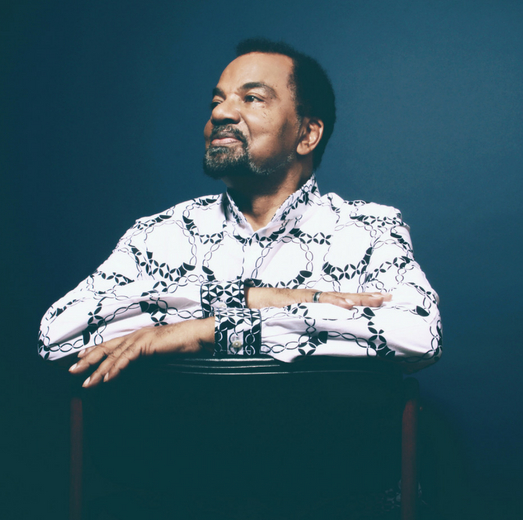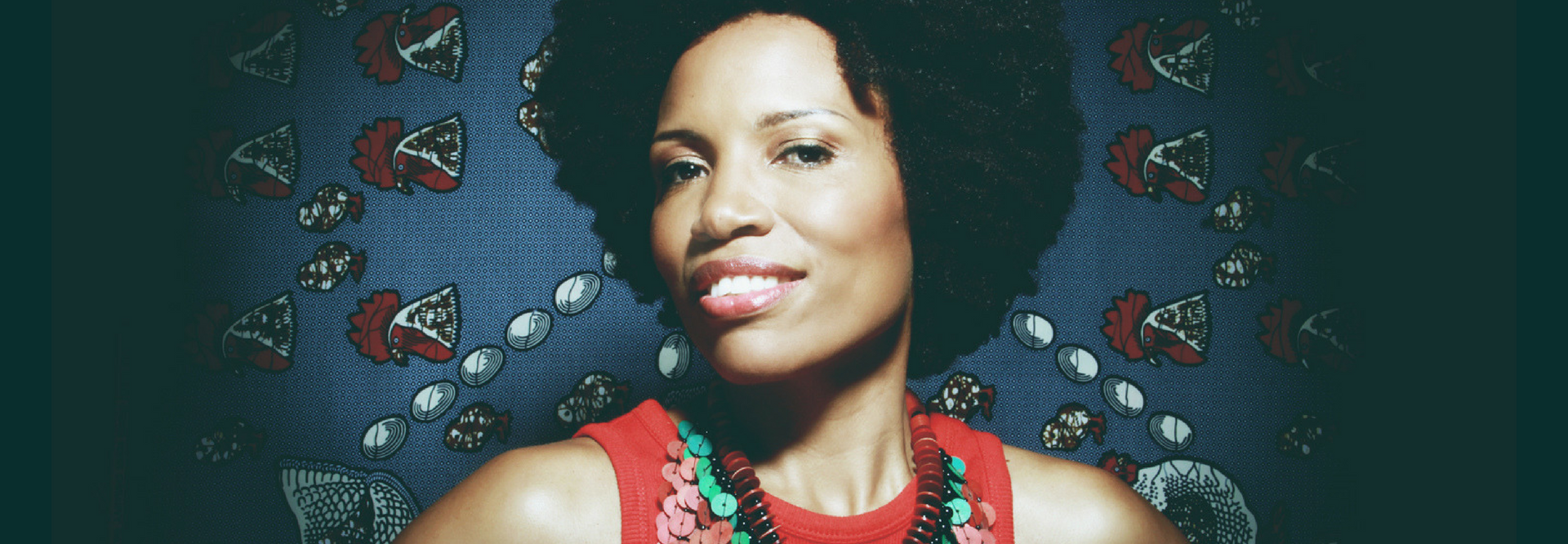
Lura
The most melodious, charismatic singer of an entire generation of Cape-Verdean artists.
Artist’s website : www.lura.com
Biography
Lura was quietly studying sports education (her speciality was swimming) in Lisbon, when Juka, a successful singer originally from São Tome and Principe, asked her to appear on his new album. “I was seventeen. I was supposed to be sing backing vocals, but in the end, Juka asked me to sing a duet with him. I’d never thought about singing, but he insisted,” remembers Lura. It was then that she realized she had a voice, with a deep, sensual tone. Juka’s zouk was a hit when a Portuguese producer helped her record her first album, a dance record for her generation. She was then 21. “The record was mainly meant for clubs,” she explains, but despite the album’s commercial flavour, one song, “Nha Vida” (My Life), drew a great deal of attention when it was included on the Red Hot + Lisbon album the following year, in 1997.
Lusafrica took an interest in the young singing prodigy when she sang a duet with Bonga, “Mulemba Xangola”, and in 2004, the label produced Di Korpu Ku Alma (Of Body and Soul), Lura’s real Cape Verdean record, whose reputation was boosted back home and among the diaspora by the success of “Na Ri Na”. In 2005, the album was released in more than 10 countries, including the USA, Italy (where it was one of the top-selling records of the summer) and the UK (where it was nominated at the “BBC World Music Awards”). About Di Korpu Ku Alma, Portuguese journalist José Eduardo Agualusa wrote, “as I have constantly told anyone who would listen, the future of Cape Verdean music already has a name, and that name is Lura”, while UK daily The Independent promised, “When her international career gets going, this girl will fill stadiums.” With this album Lura was nominated in France at the “Victoires de la Musique”, in 2006, for “Best World Music album”.
For her next album, M’bem di Fora (I’ve come from far away) in November 2006, Lura travelled the world, winning over audiences who proved ever more loyal and attentive to her music. Three years later, she launched Eclipse which confirmed the immense talent of Lura, jewel of the new Cape Verdean generation. Yet she modestly admits: “My career has been a continual surprise to me since I discovered my voice in my teenage years up until now. I take it one day at a time, but I’ll be a singer for the rest of my life. I’m positive about it. I don’t know why.”
In 2010, Lusafrica releases The Best of Lura, an album gathering her best recordings and “Moda Bô”, recorded with Cesaria Evora in the early weeks of 2010 which is a tribute song to the Barefoot Diva, written by Lura. The album also includes a DVD containing a concert shot by the Portuguese television, as well as bonus videos.
Like every other Cape-Verdean artist, Lura was distraught when Cesaria passed away in December 2011. A year later, she paid tribute to the Barefoot Diva’s memory with the song “Nós Diva”, released on YouTube. Taking a step back, the singer decided to return to her roots in Praia, Cape Verde, but still continued to perform, regularly appearing all over the world to the delight of her fans. Empowered by her contacts with the archipelago’s musicians and composers, Lura returned to the studio at the start of 2015 to make a new album, due for release at the end of the year. Vibrant, tremendously danceable and so very Cape-Verdean, Herança (Heritage) focuses on the archipelago’s energizing up-tempo funana beat with songs that include “Maria di Lida”, “Sabi di Más” and “Ness Tempo di Nha Bidjissa”.
Herança gives us a chance to reconnect with the intensity of Cape Verde and its people, traditions and music, all reflected in the art of the most melodious, charismatic singer of an entire generation of Cape-Verdean performers. Lura’s singing and each of the album’s tracks remind us just how the essence of multiculturalism and traditional Creole music have given rise to a universal vocal genre at the heart of Africa’s best-kept secret: Cape Verde.


